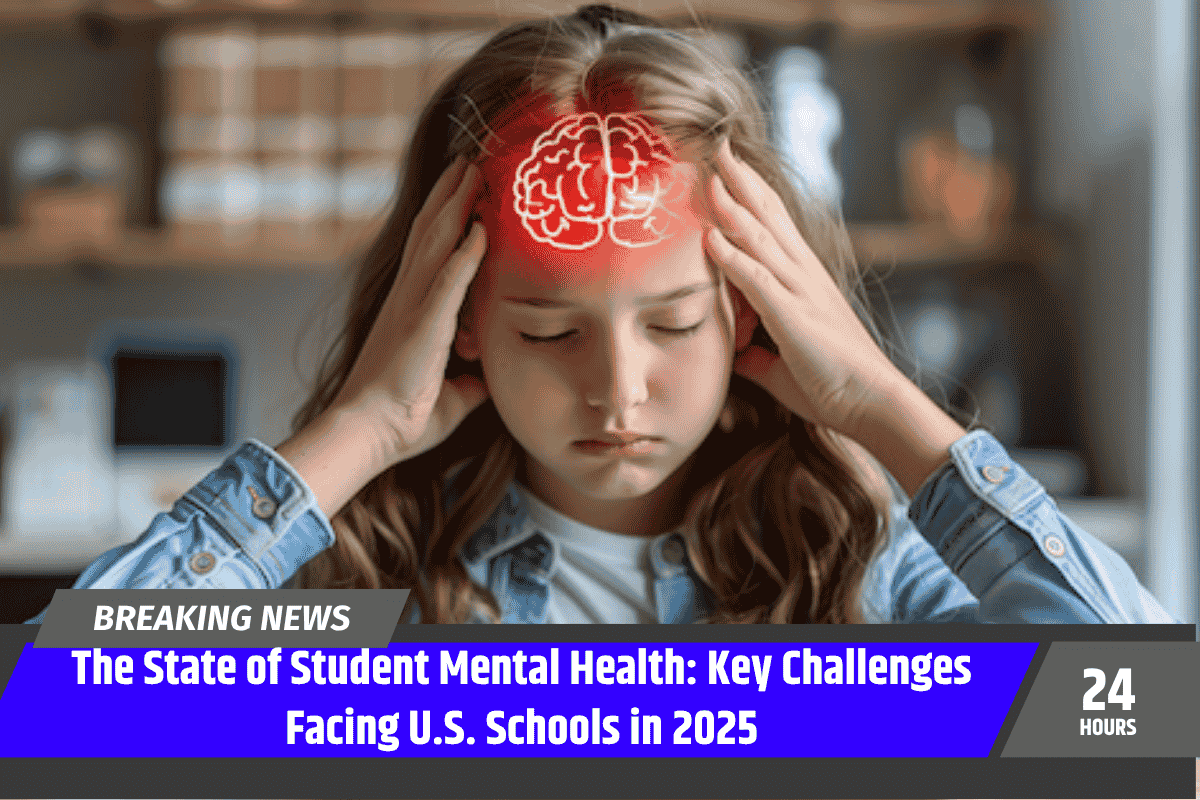A controversial bill aimed at banning the teaching or promotion of antisemitism in Arizona’s public schools and universities has been vetoed by Governor Katie Hobbs.
The proposed legislation, which passed the Arizona legislature with a 33-20 vote, would have imposed strict penalties on educators and institutions. However, Governor Hobbs, a Democrat, opposed the bill, stating that it posed significant risks to academic freedom and educators’ rights.
What Was the Bill About?
The bill aimed to prevent the promotion of antisemitism in public K-12 schools, colleges, and universities. It called for strict penalties for educators who were found to be creating a “hostile education environment” related to antisemitism.
Teachers and administrators could face lawsuits and penalties for their actions, and those found guilty could be personally responsible for damages, with the state not covering legal judgments.
The bill also imposed serious consequences on educators. The first violation would result in a reprimand, the second in a suspension of their teaching certificate, and the third in the revocation of their certificate. College staff could also face suspension without pay or termination if found guilty.
Additionally, the bill proposed to prevent universities and colleges from recognizing student groups that hosted speakers accused of promoting antisemitism, calling for genocide, or encouraging antisemitic behavior.
Governor Hobbs’ Veto and Concerns
Governor Hobbs vetoed the bill, citing concerns about the risks it posed to educators. She argued that the legislation created an “unacceptable level of personal liability” for teachers, college staff, and university educators.
She also emphasized that the bill could lead to lawsuits for things as simple as classroom discussions about sensitive topics, such as the Holocaust or Israel.
Hobbs explained that Arizona already has a process through the state Board of Education for students and parents to report incidents of antisemitism. She suggested that the new bill was unnecessary and could infringe on the rights of educators to discuss controversial issues.
Criticism of the Bill
Opponents of the bill, including several educators and lawmakers, criticized the vague language used in the proposal. They argued that it could lead to censorship and limit discussions on important topics such as the Holocaust, which could be interpreted as antisemitic depending on the context.
Lori Shepherd, the executive director of the Tucson Jewish Museum & Holocaust Center, expressed concern that the bill might prevent teachers from giving students a full and accurate account of historical events like the Holocaust.
Some Democratic lawmakers proposed changes to the bill, such as replacing the term “antisemitism” with “unlawful discrimination” and removing the lawsuit clause. However, these amendments were rejected, leading to further opposition.
Supporters of the Bill Defend It
The bill’s main sponsor, Republican Representative Michael Way, defended the legislation, calling the veto “disgraceful.” He argued that the bill aimed to prevent the spread of antisemitic content in schools and universities, and he rejected claims that it would infringe on free speech or academic freedom.
A National Trend
The Arizona bill is part of a larger movement across the United States to address antisemitism in educational institutions. Other states, such as Louisiana and Michigan, have introduced similar measures to combat antisemitism in schools and universities.
However, like the Arizona bill, these efforts have also sparked debates about censorship and the limits of free speech in educational settings.
Governor Katie Hobbs’ veto of the Arizona antisemitism bill has brought attention to the delicate balance between preventing hate speech and preserving academic freedom.
While many agree that antisemitism is a serious issue that needs to be addressed, the bill’s broad language and potential consequences for educators sparked concerns about censorship and free speech.
As the national debate on this issue continues, it remains to be seen whether similar bills will gain traction in other states.












